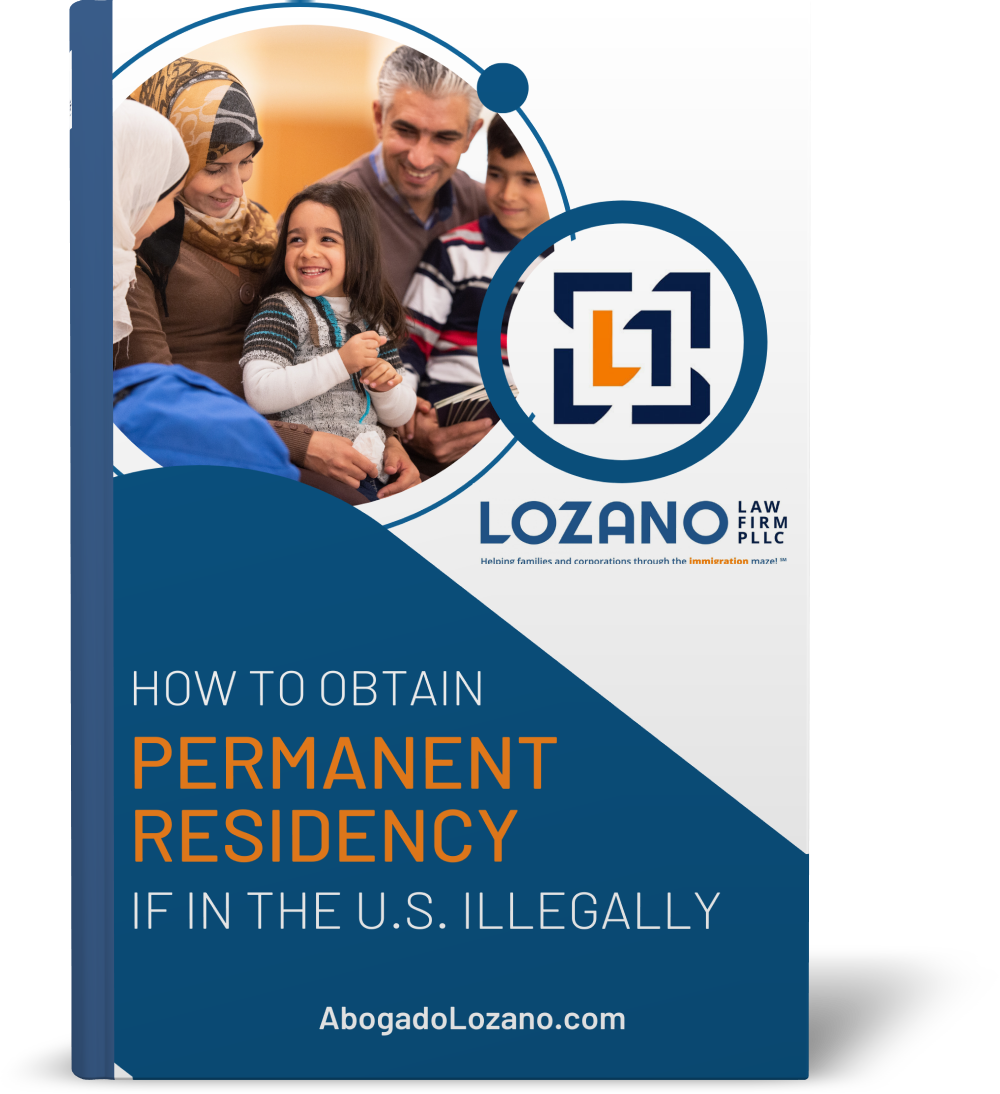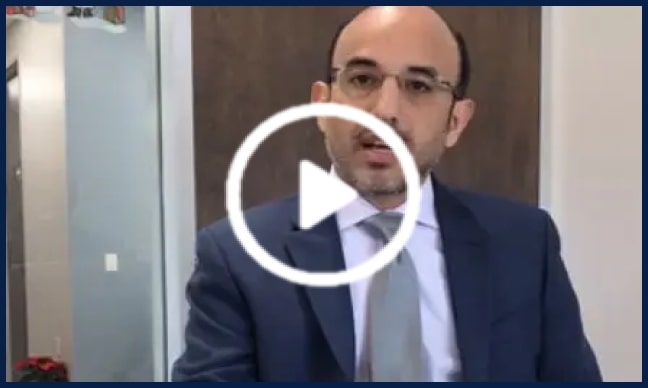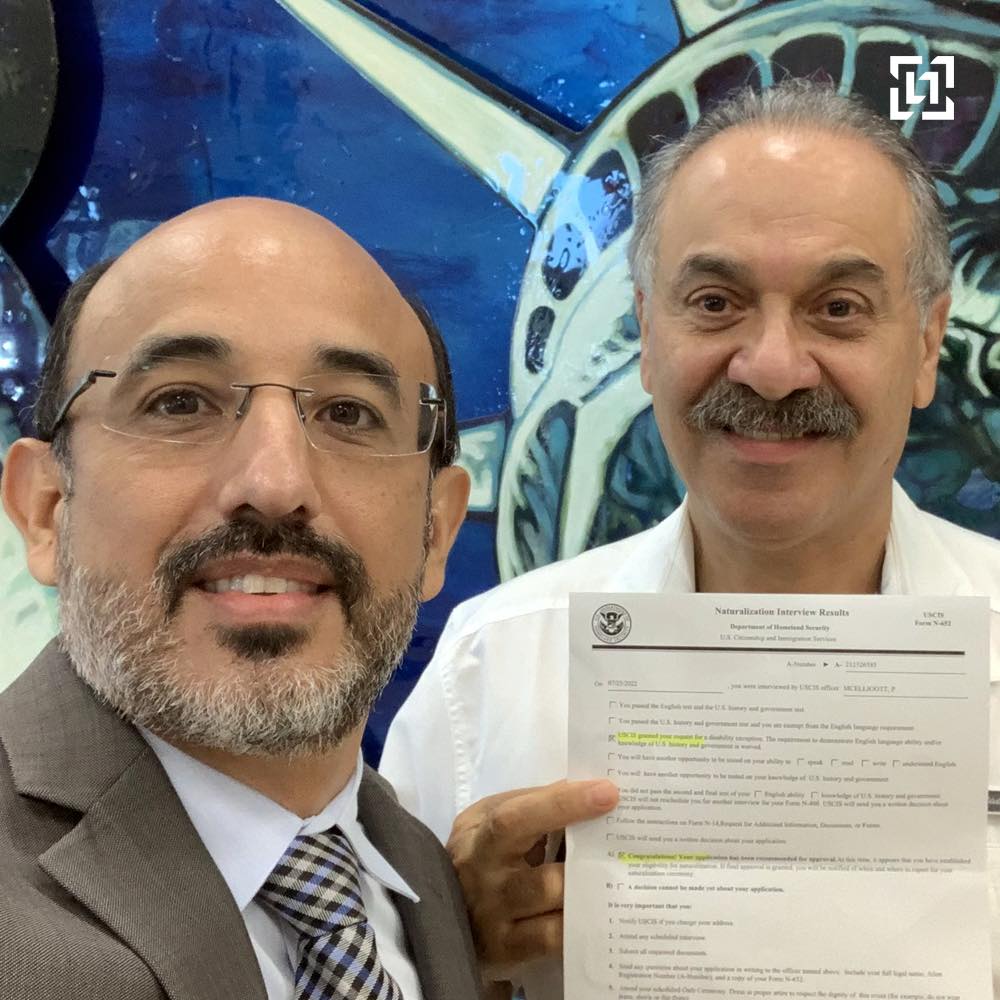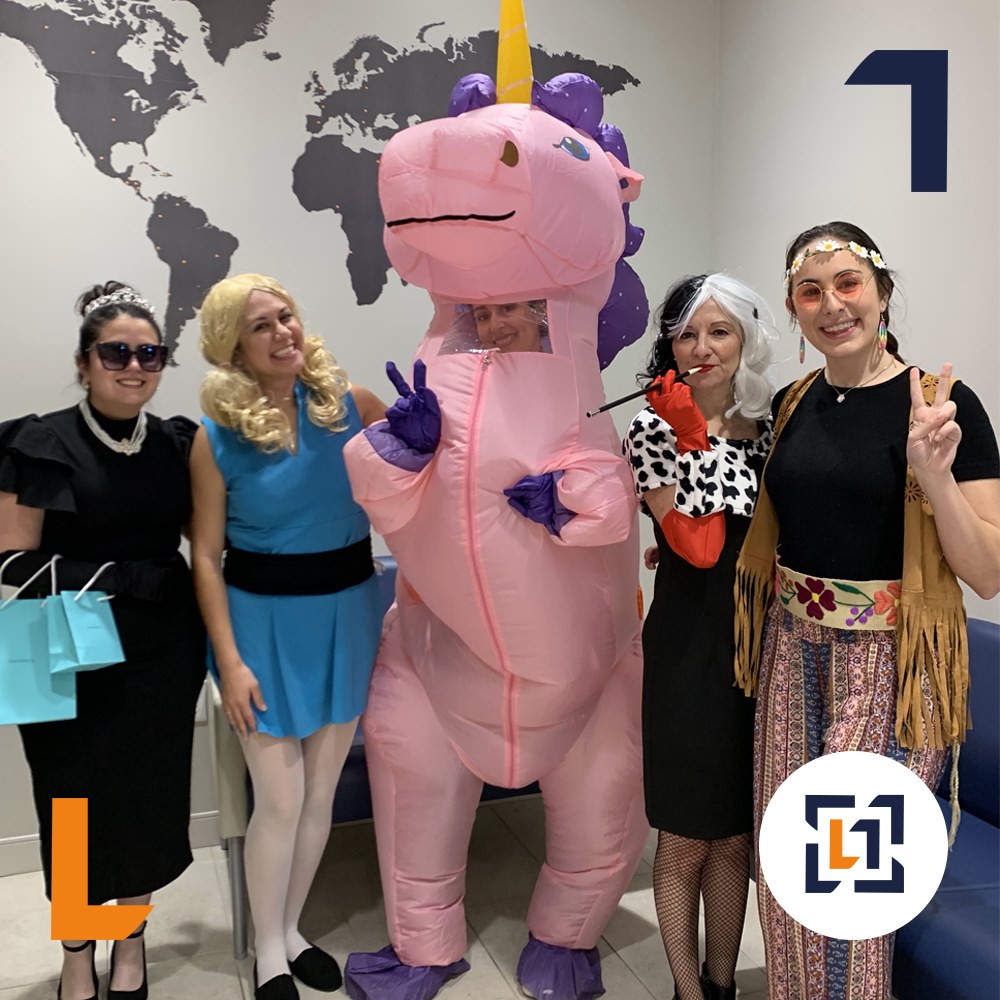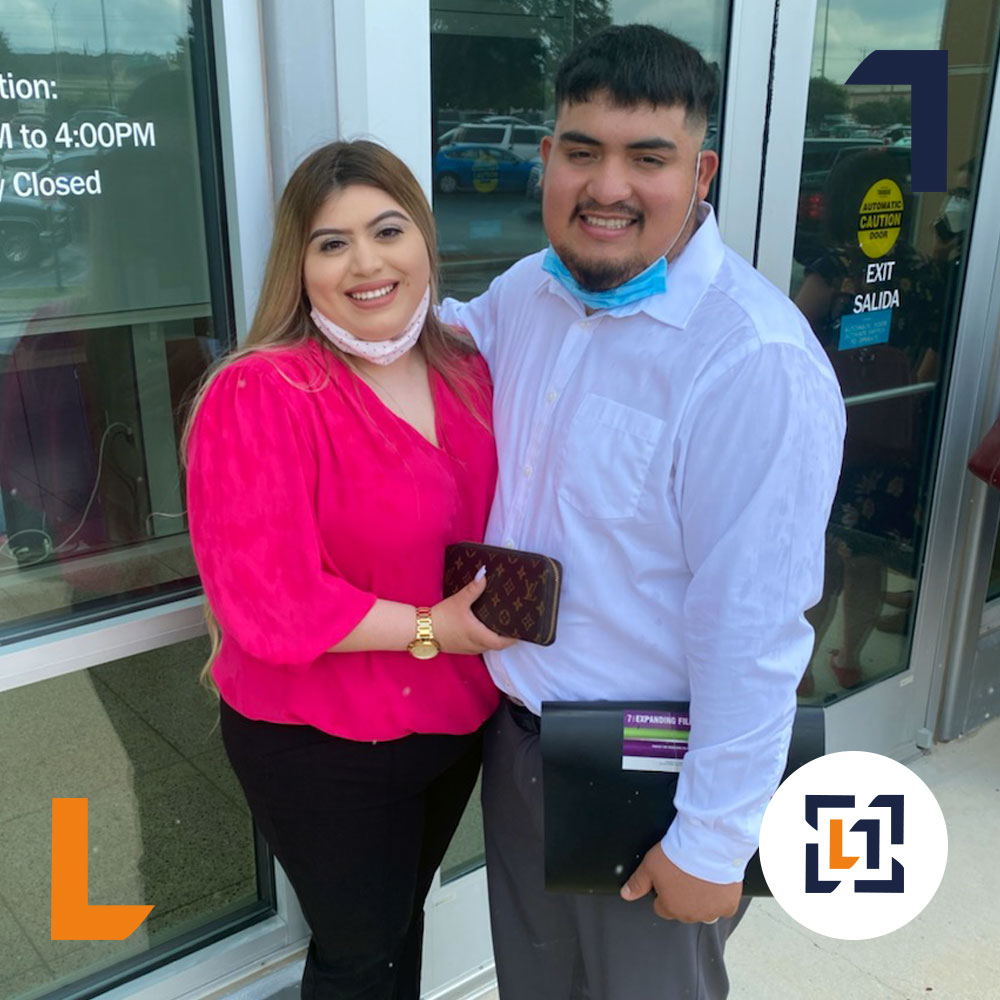Business immigration contributes to economic growth, innovation, and job creation. It brings in skilled workers, entrepreneurs, and investors to boost the economy. Further, by attracting foreign talents and investments, the United States can maintain its competitiveness and leadership in various sectors. It includes technology, healthcare, and finance.
This article will focus on business-based immigration. It will also tackle how a skilled immigration attorney in San Antonio TX can help businesses obtain the necessary Visas and comply with U.S. immigration requirements.
Business Immigration Services In San Antonio TX
Having an attorney for business-based immigration is crucial because the process can be complex and constantly changing. An experienced immigration attorney at Lozano Law Firm in San Antonio TX can guide navigating the process. It supports entrepreneurs, investors, and skilled workers in Texas and nationwide.
It has a team of experienced attorneys with a good track record in helping businesses with their immigration needs. It includes getting Visas for workers, complying with the requirements, and helping entrepreneurs, investors, and workers bring their families to the United States.
Having the law firm handle your business-based immigration can save you time and money. It can also prevent costly mistakes. In line with this, the firm can provide legal guidance on issues such as accepting investors, hiring and managing foreign workers, and responding to government audits. In addition, it also helps investors and entrepreneurs regarding their Visas.
U.S. Visa Options For Investors & Entrepreneurs
Temporary Investor Visa: E1 & E2 Visa
Permanent Investor Visa: EB-5 Visa
Foreign nationals looking to obtain permanent residency in the United States can do so through the EB-5 Visa program. It is a permanent Investor Visa that requires a minimum investment of $1.8 million in a qualifying U.S. commercial enterprise. Previously, the requirement was $1 million, but increased due to inflation.Business Expansion Visa: L-1 Visa
L-1 Visa permits multinational companies to relocate executives, managers, and specialized knowledge employees. They are from foreign to U.S. offices for business expansion for up to seven years. The U.S. office must have a qualifying relationship with the foreign company, and the employee must have worked for the company for at least one year.U.S. Corporate Immigration
Corporate immigration refers to the process of obtaining Visas and work permits for foreign nationals sponsored by a U.S. employer. It is also known as employment-based immigration. It also involves navigating the complex legal and regulatory requirements of U.S. immigration law, which can be a daunting task for employers and foreign nationals alike. Employers must comply with all applicable regulations and file the necessary paperwork on behalf of their foreign workers to ensure that they are authorized to work in the United States legally. Those who wish to hire foreign workers for permanent positions can sponsor their employees for immigrant Visas. There are several types of immigrant Visas available for skilled workers.Visas For Employment-Based Immigration
Employment-based immigration is an option for those who want to live permanently in the United States. It is one of the main ways to obtain lawful permanent residency. Therefore, you must understand which preference category applies to your situation. Doing so makes it easier for you to provide proof and documentation for your application. Lozano Law Firm in San Antonio, Texas, assists employers and employees applying for an employment-based Visa in the following categories:- EB-1a: For workers with extraordinary ability.
- EB-1b: For outstanding researchers and professors.
- EB-2: For professionals with advanced degrees or exceptional ability.
- EB-3: For skilled workers, professionals, and unskilled workers.
- EB-4: For religious workers and other special immigrants.
- EB-5: For immigrant investors creating jobs.
EB-5 Immigrant Investor Program
The EB-5 Visa is an immigrant Visa program created by the United States government to attract foreign investors and stimulate the U.S. economy. It provides a path to permanent residency, commonly known as a Green Card. Here’s an overview of the EB-5 Visa program and its requirements.- Investment Requirements. To qualify for the EB-5 Visa, foreign investors must make a significant capital investment in a new commercial enterprise. You can check the updated investment amount on the USCIS website.
- Job Creation. The primary goal of the EB-5 program is to stimulate job creation in the United States. The investment must create or preserve at least 10 full-time jobs for qualified U.S. workers.
- New Commercial Enterprise. The investment must be made in a new commercial enterprise, which refers to a for-profit business entity established after November 29, 1990. The enterprise can be a sole proprietorship, partnership, corporation, or limited liability company (LLC).
- Source of Funds. Investors must demonstrate that they lawfully obtained the capital. You need to provide evidence that the funds can come from various legitimate sources, including personal savings, inheritance, business profits, or loans.
- Conditional Permanent Residence. You are granted conditional permanent residency for a two-year period as an investor. Before the two-year period ends, however, you must file a petition to remove the conditions on your permanent residency.
- Path to Citizenship. After the removal of conditions, you and your qualifying family members can apply for U.S. citizenship. You need to meet the requirements for naturalization such as residing in the United States for a specific period and passing the English and civics tests.
EB-2 Visa For Professional Employees
EB-2 Visas are for foreign nationals with advanced degrees such as Masters, PhDs, JDs, or MDs. Further, highly skilled professionals like scientists and artists may also qualify for EB-2 Visas. If you plan to apply for an EB-2 Visa for your professional employees, you must obtain a labor certification from the government. This process requires you to draft or review job descriptions to meet the EB-2 criteria. An immigration attorney can provide information and guidance on how to proceed. Moreover, they can also explain to you how EB-2 Visa differs from EB-3, and who qualifies for it.EB-3 Visa For Workers With Job Offer
 EB-3 Visas have less stringent requirements than other categories. These are for foreign nationals with a permanent full-time job offer from a certified employer. To complete the process, you, as an employer, must prove that you attempted to hire an American worker. However, none were willing or able to take the job, which can be complicated.
Different types of workers qualify for EB-3 Visas, including professional, skilled, and unskilled workers. Examples of professional workers are lawyers, architects, teachers, and engineers. Meanwhile, skilled workers include IT workers, journalists, and skilled tradespeople. Jobs that require less than two years to learn, such as housekeepers, nannies, and farmworkers fall under the unskilled worker category.
The United States has a limit of 40,000 EB-3 Visas issued each year, with only 10,000 of these Visas going to unskilled workers. Depending on the country of origin of the job candidate, there may be additional restrictions on the number of available Visas. But what if an immigrant does not belong to the conventional immigration groups? That’s where EB-4 comes into the picture.
EB-3 Visas have less stringent requirements than other categories. These are for foreign nationals with a permanent full-time job offer from a certified employer. To complete the process, you, as an employer, must prove that you attempted to hire an American worker. However, none were willing or able to take the job, which can be complicated.
Different types of workers qualify for EB-3 Visas, including professional, skilled, and unskilled workers. Examples of professional workers are lawyers, architects, teachers, and engineers. Meanwhile, skilled workers include IT workers, journalists, and skilled tradespeople. Jobs that require less than two years to learn, such as housekeepers, nannies, and farmworkers fall under the unskilled worker category.
The United States has a limit of 40,000 EB-3 Visas issued each year, with only 10,000 of these Visas going to unskilled workers. Depending on the country of origin of the job candidate, there may be additional restrictions on the number of available Visas. But what if an immigrant does not belong to the conventional immigration groups? That’s where EB-4 comes into the picture.
EB-4 Visa For Specific Eligible Groups
For special immigrants who do not fit into the standard immigration Visa categories, EB-4 Visas are designed for you. To be eligible for this Visa, the applicant or employee must meet the criteria of one of the EB-4 groups. Some of the eligible groups include:- Individuals who have worked for a particular international organization and lived in the U.S. for an extended period.
- Members of the U.S. military who enlisted outside the country and received an honorable discharge after 12 years of active duty service.
- Foreign nationals who worked for the U.S. government for at least 15 years.
- Religious workers, such as clergy members and people who work for non-profit religious organizations.











